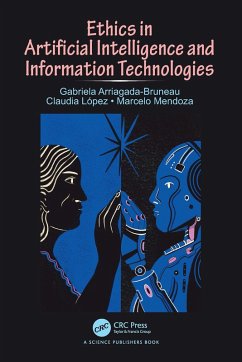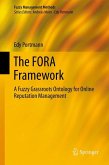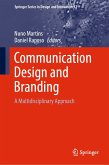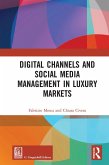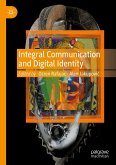This book addresses the challenges posed by adopting and developing new AI technologies and how they impact people. Ethics, the scope, and the impact of technology on people are vital. The book starts with the ethical aspects of AI, presenting a socio-technical approach to integrating Ethics into AI projects, and outlines perspectives around feminism, sustainability, and labor transformation. Next, the concepts of fairness, accountability, and transparency are introduced, discussing their implications for developing information systems such as recommender systems, including aspects related to data privacy. Then the book covers the relevance of natural language processing systems, highlighting debias strategies and evaluation methodologies. The scopes of fairness-based approaches for ChatGPT and other generative text models are also introduced. Finally, advanced topics that include the relationship between AI and disinformation are addressed, including a discussion of the scope of news-generative models such as deep fakes. The book ends with a discussion of the perspectives and challenges in the area.
The book is meant for an audience of advanced undergraduate and graduate students from all disciplines related to information systems. It is also helpful for researchers and practitioners interested in the subject.
Dieser Download kann aus rechtlichen Gründen nur mit Rechnungsadresse in A, B, BG, CY, CZ, D, DK, EW, E, FIN, F, GR, HR, H, IRL, I, LT, L, LR, M, NL, PL, P, R, S, SLO, SK ausgeliefert werden.

